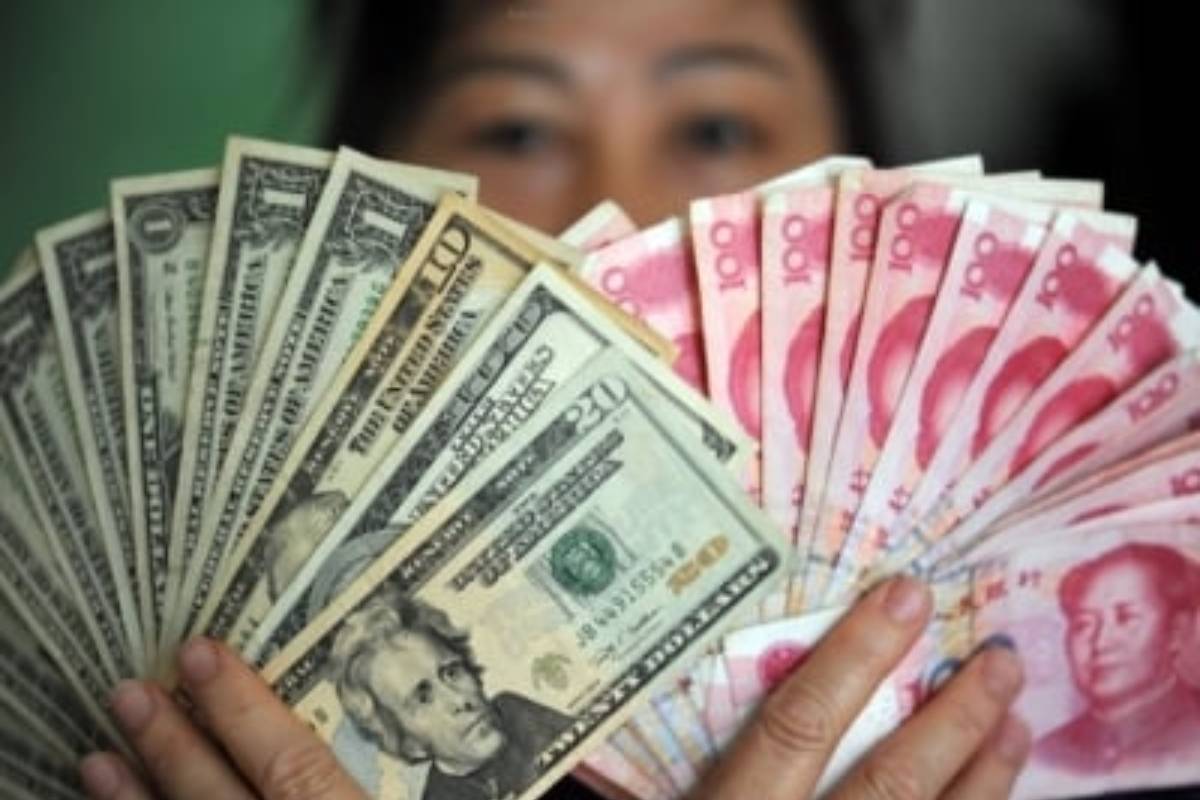Moody’s decision to revise China’s credit outlook from stable to negative has sent ripples across global financial markets. This move, while not an immediate downgrade, signifies mounting concerns over the intricate web of challenges ensnaring the world’s second-largest economy. It prompts a nuanced reflection on the evolving economic landscape and the potential ramifications for both China and the global community. The core of Moody’s concerns lies in a confluence of factors, notably lower growth and a burgeoning property crisis. The recalibration reflects the rating agency’s apprehension about the need for increased financial support for debt-laden local governments and state-owned enterprises.
Such concerns, though not unfounded, beg the question of whether this is a harbinger of a deeper economic malaise or a wake-up call for necessary reforms. China’s response to the outlook change has been assertive, yet measured. The Finance Ministry expressed disappointment, emphasising the economy’s rebound and assertion of control over property and local government risks. This mirrors China’s confidence in weathering economic storms, a sentiment echoed by many within the nation. However, the global market’s reaction, with China’s blue-chip stocks slumping and the cost of insuring sovereign debt against default rising, underscores the significance attributed to Moody’s assessment.
Advertisement
What is particularly intriguing is Moody’s projection of China’s annual GDP growth slowing to 4 per cent in 2024 and 2025, with an average of 3.8 per cent from 2026 to 2030. This implies a significant departure from the breakneck growth witnessed in previous decades. It prompts contemplation on whether China is at an inflection point, transitioning from an era of rapid expansion fuelled by debt to a more sustainable economic model rooted in consumer demand. The backdrop against which this economic drama unfolds is multifaceted.
The deepening crisis in the property market, concerns about local government debt, slowing global growth, and geopolitical tensions collectively cast a shadow on China’s growth trajectory. The central bank’s commitment to accommodative monetary policy and calls for structural reforms underscore the delicate balancing act required to navigate these challenges. Crucially, Moody’s decision arrives ahead of the Central Economic Work Conference, where the Chinese government is expected to set its agenda for the coming year. The timing adds an intriguing layer to the narrative, amplifying the significance of the impending economic policy decisions.
Moody’s downgrade serves as a stark reminder that the era of China’s unstoppable economic ascent may be evolving. The imperative for Beijing is clear ~ to steer away from an overreliance on debt-fuelled growth and pivot towards a more balanced and sustainable economic paradigm. As global investors scrutinise China’s every move, the nation faces the challenge of reinventing its narrative. Whether this outlook revision is a momentary blip or a precursor to a more profound transformation remains uncertain. What is certain, however, is that the decisions made in response to Moody’s warning will reverberate not only within China but across the global economy.











